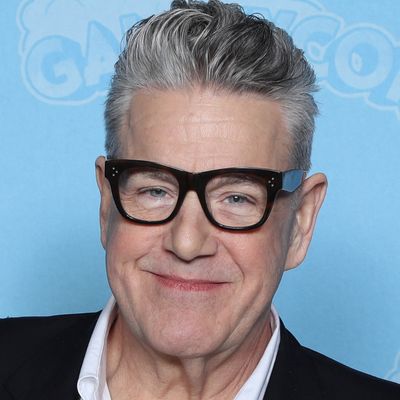On this episode of Conversations with Changemakers, we speak with Jonathan Freeland.
While some of you know Jonathan as my long-time Associate, he is best known as a musician and songwriter based in Nashville, TN.
What you may not know is Jonathan’s artistic and entrepreneurial journey: from early training at the Cobb County Center for Excellence in the Performing Arts to professional training at the Joffrey Ballet School and Point Park University. After graduating and working in musicals like West Side Story, Million Dollar Quartet, and Carousel, Jonathan was also always writing music and performing with bands.
If that wasn’t enough to keep him busy, he was also constantly focused on developing one of his many creative skills: photography, graphic design, website design, and product design—including his now shelved but delicious Day Dreamer Coffee Company.
I wanted to have Jonathan on to speak about creativity—particularly sharing some behind-the-scenes on releasing his genre-breaking “Emo Country” music. He released his first solo EP, “Young & Proud” in 2018, and the title track was placed at the top of the Alternative Press’ “New Alternative” playlist on Spotify. He’s since released 9 singles featuring artists including Less Gravity and Kevin Jordan of This Wild Life and a self produced live album.
This is literally my right hand man and I cannot wait to hear your thoughts on his wisdom! Listen to this episode for insights on:
- Make shifts and transitions in your personal life and artistic career.
- Creating art with an impact: production, packaging, and promotion.
- Balancing self-care and activism: ways to reframe success and time on the daily.
Click here to access bonus resources from this episode.
Connect with Jonathan Freeland:
Connect with Tony Howell:
Episode Credits:
- Art by Tony Howell + Gertrude Pillena
- Editing by Unapologetic Amplified
- Hosting by Broadway Podcast Network
If you enjoyed this episode, please visit RateThisPodcast.com/tonyhowell. Be sure to check out our past conversations and subscribe for next month’s special guest!


